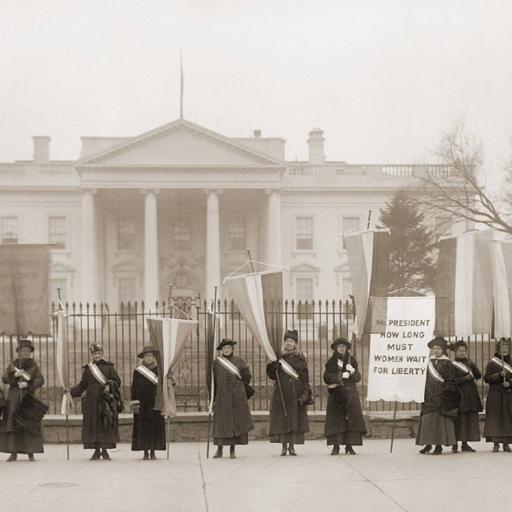Non-Cooperation Movement
Presentations | English
The non-cooperation movement was a political campaign launched on 1 August 1920, by Mahatma Gandhi to have Indians revoke their cooperation from the British government, with the aim of inducing the British to grant self-governance and full independence. The movement was essentially a peaceful and non-violent protest against the British government in India. Indians were asked to relinquish their titles and resign from nominated seats in the local bodies as a mark of protest. The movement was one of Gandhi’s first organized acts of large-scale Satyagraha (Civil disobedience) Gandhi's planning of the non-cooperation movement included persuading all Indians to withdraw their labour from any activity that "sustained the British government and also economy in India," including British industries and educational institutions. The presentation will give better understanding on the topic.

Free
PPTX (65 Slides)
Non-Cooperation Movement
Presentations | English
